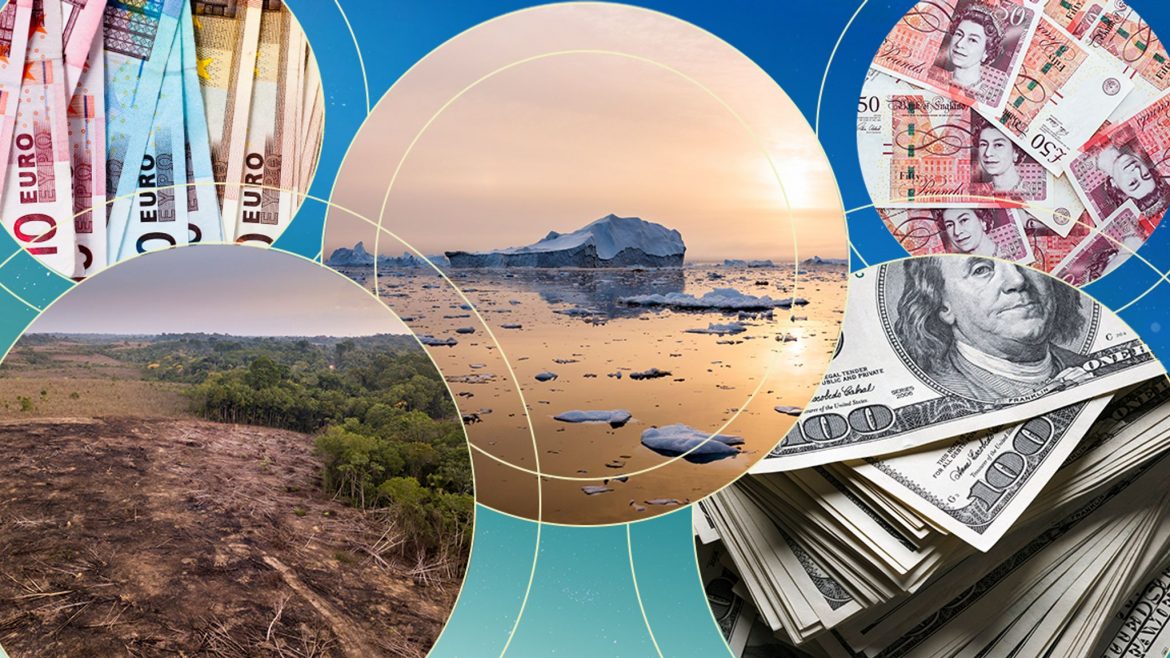A recent research report has shown that rising carbon emissions may lead to soaring debt servicing costs for 59 countries within the next decade as the world grapples with the consequences of unchecked climate change.
Researchers warn of potential credit score downgrades for major players like China, India, the United States, and Canada. The implications are dire, with higher borrowing costs for nations translating into increased corporate debt.
The economic damage caused by climate change is already evident, with recent heat waves shaving off 0.6 per cent of global output, reports have shown. While insurance giant Allianz sounds the alarm, rating agencies have been cautious in quantifying the risks posed by climate change in their assessments.
However, a collaborative study by the University of East Anglia and the University of Cambridge, through the use of AI models and climate economic projections, has created a ‘climate-adjusted’ rating system.
While rating agencies recognize that economies are vulnerable to climate change, they have been cautious in assessing such risks in their ratings exercises due to uncertainty about the potential magnitude of the harm.
According to reports, the UEA/Cambridge project uses current S&P Global ratings to train artificial intelligence models, which are then coupled with climate economic models and S&P’s own natural catastrophe risk assessments to develop new ratings for alternative climate scenarios.
Sovereign credit ratings would experience little impact in the short term and very minor long-term repercussions, if the world manages to meet the Paris Climate Agreement’s aim of keeping temperatures below two degrees Celsius, according to the simulation.
Developing nations with lower credit scores may bear the brunt of the physical impacts of climate change. Yet, even nations with the highest credit rankings are at risk of severe downgrades due to the potential steep fall they would experience.
Story was adapted from the Guardian.
